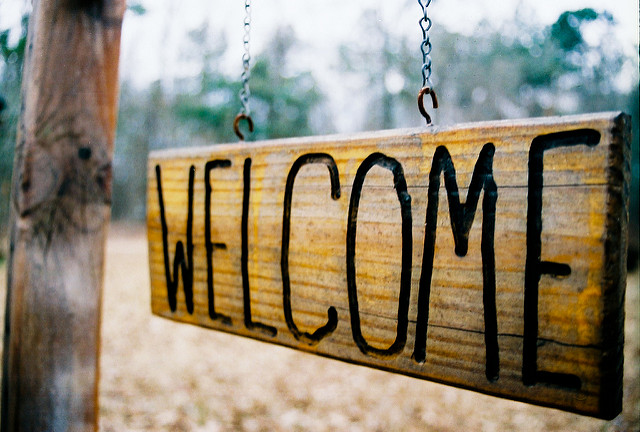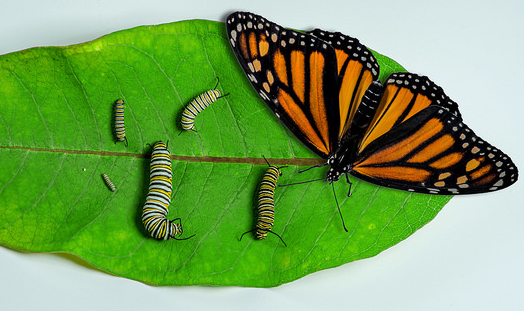Over the last few months, we’ve been working with Josh Gottesman and Leslie Kirsch at the Michael J Fox Foundation to plan a new online community of practice intended to support conversations about the sharing and reuse of data related to Parkinson’s Disease Research.
As is the norm for many community projects, we’ve been taking a phased approach to the launch of this Data Community of Practice (DCoP) – working to understand the needs of the nascent community and then identifying a small group of community champions to help test the online platform and seed initial conversations before opening the community to a wider membership.
In this blog post, we share more about how we supported MJFF through member research, the selection and design of a new online community platform, resource creation and scaffolding for their new Data Community Innovators (DCIs) program, and the planning and hosting of a DCI kick-off meeting at MJFF’s offices in NYC.
Continue reading “Planning and launching a new champions program – and online community platform – at the Michael J Fox Foundation”

